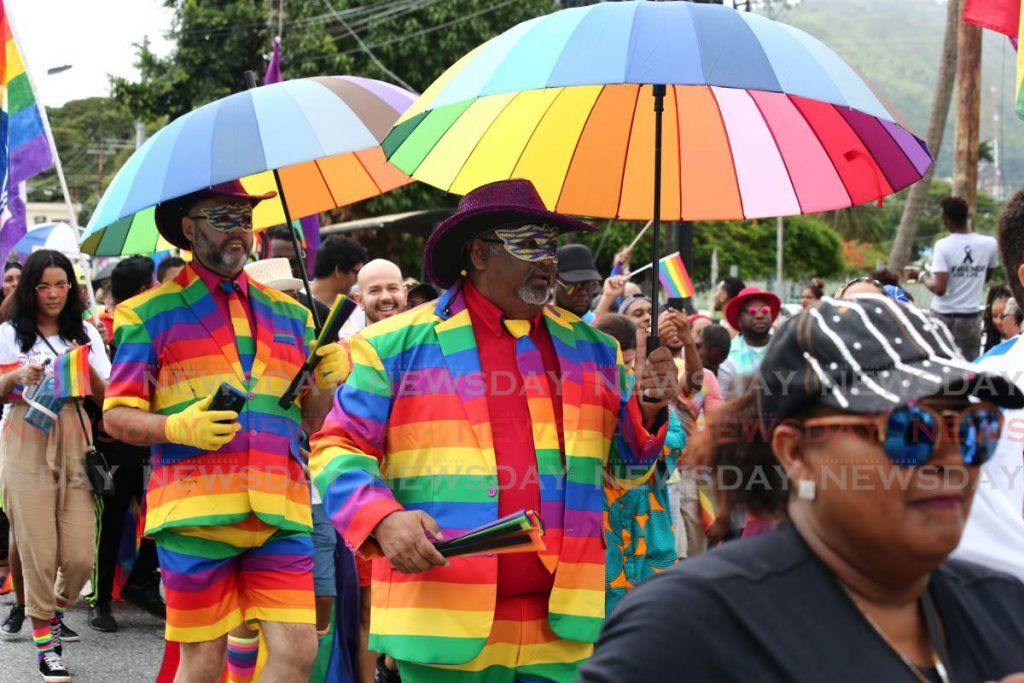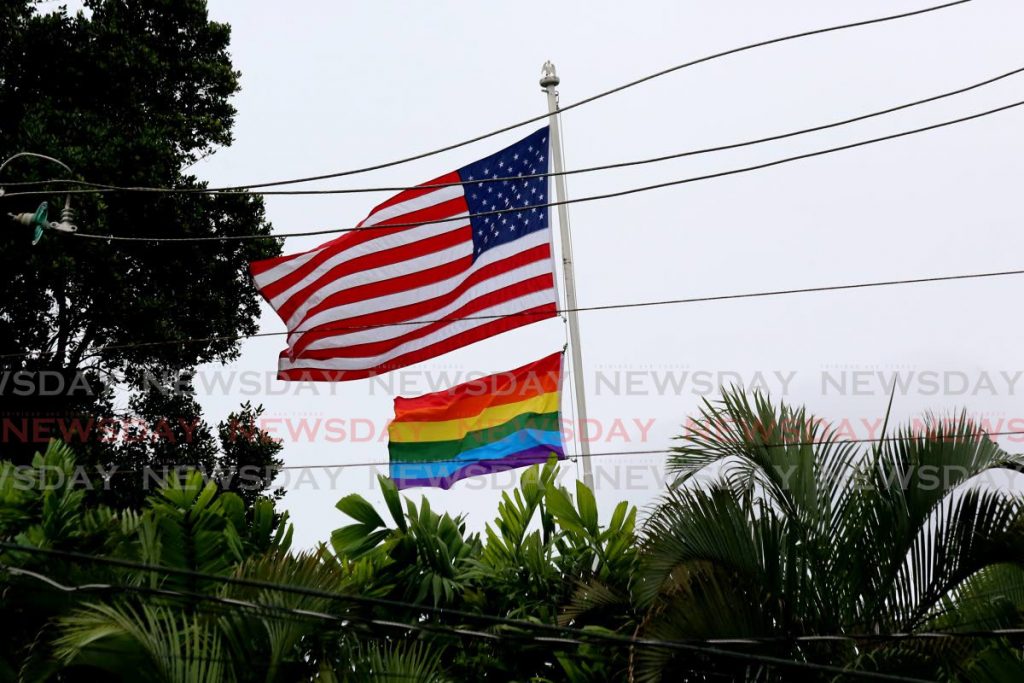The costs of social exclusion of LGBT+ community

Statistics recently presented by a global coalition of companies on the business costs associated with excluding LGBT+ people are eye-opening.
These statistics reveal the detrimental impact that such discriminatory exclusions have on society, not only in terms of human development but also economic advancement.
In the English-speaking Caribbean, exclusion cuts revenue by up to US$4.2 billion or up to 5.7 per cent of collective GDP, according to a study called The Economic Case for LGBT+ Inclusion in the Caribbean, done by Open for Business.
The report, which was launched last Wednesday, draws on survey data from 2,167 LGBT+ people in Antigua and Barbuda, the Bahamas, Barbados, Belize, Dominica, Grenada, Guyana, Jamaica, St Kitts and Nevis, St Lucia, St Vincent and the Grenadines, and TT.
It also encompasses data from 21 business leaders and employees and surveys of 1,430 prospective tourists.
The study came amid last month’s Pride celebrations, locally and internationally, which were meant to bolster inclusiveness through visibility. Some religious officials, however, last month also took the opportunity of Pride Month to express dismay at any efforts to acknowledge the plight of LGBT+ people.

A group of NGOs accused the US Embassy of promoting a “perverse lifestyle” when the embassy flew a Pride flag. RC Archbishop Jason Gordon denigrated what he described as Pride’s “gender ideology.”
While the church has maintained its position, a bank – Scotiabank – launched an advertising campaign underlining the moral reasons why LGBT+ people should be treated equally. This followed its move to grant members of staff equal rights to employment benefits.
All of this shows how far we have come and how much further we have to go. Meanwhile, the statistics presented by Open for Business show the literal cost of not taking action to end exclusion.
The study quantified the cost of LGBT+ exclusion through measuring challenges in family, education, health, employment, housing, financial services, violence and justice, LGBT+ brain drain, occupational segregation, tourism and economic recovery.
It said tourism in the entire Caribbean is diminished by homophobia and stigma, to the tune of between US$423 million and up to US$689 million. It reported that 18 per cent of travellers, both straight and LGBT+, would not visit the region predominantly because of anti-LGBT+ laws and stigma.
“The challenges that LGBT+ people in the Caribbean confront daily can be stark: state-sponsored homophobia and transphobia are prevalent, as is social stigma,” it observed.
Tellingly, the report noted the legal and social inclusion of LGBT+ people likely influences and helps economic growth.
“When people can bring their whole selves to work, it contributes to innovation, productivity and longer, more fulfilling tenures in jobs,” noted Open for Business trustee Liam Rezende.
There is a strong moral case for ending discriminatory measures against LGBT+ people in this country such as our backward colonial laws, our immigration statutes, and our flawed equal opportunity legislation.
But additionally, LGBT+ people also make up a large portion of society and businesses can only prosper if they face up to this simple fact.


Comments
"The costs of social exclusion of LGBT+ community"